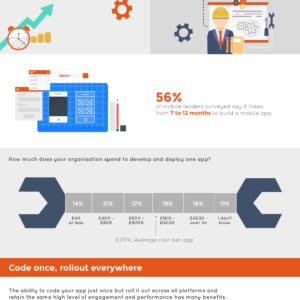The Importance of Advice and Testing in App Development

More and more businesses nowadays are developing apps to go along with whatever services they provide, and it’s not hard to see why. Today’s consumer demands that business interactions be quick, simple, and effortless, and a streamlined, purpose-built app is perfect for delivering that kind of experience.
But many businesses underestimate how difficult it can be to produce a piece of software which not only performs its intended purpose, but does so with the speed and ease that has come to be expected in the modern world. Even though finding a good source of development advice and app testing is a sure-fire way to make sure your app is up to scratch, close to half of all businesses developing apps don’t have sufficient testing processes in place. Here are a few things good consultation can help with.
Optimization
Simply making sure your app runs well seems like an obvious priority, but a shocking number of people underestimate its importance. In fact, research shows that sixty per cent of users will abandon an app that fails to load within three seconds. The point of these apps is speed and convenience, so if a customer can’t have it now, they usually don’t want it at all.
One of the best ways to ensure that an app will give this kind of performance is to develop it natively for a given platform, such as iOS or Android. Unfortunately, with Android making up nearly two thirds of the market and Apple products making up close to a third, and a number of other small players like Windows phones in the game as well, there isn’t really one dominating force that you can rely on a large majority of customers having access to.
Apps take between seven and twelve months, so developing for one platform at a time isn’t really tenable, which brings us to the other major benefit.
Development Time
Most companies don’t even have time for full testing, so advice that can help you build a base code applicable to multiple smartphone operating systems is invaluable. Using the same base code means that the program does not have to be redesigned from the ground up each time, saving time—up to 15% of total development time—and money—often over £1 million on development costs alone.
Making that base code run natively across the board is the most challenging aspect of all this but if you have access to expert consultants this mountain becomes a molehill.









